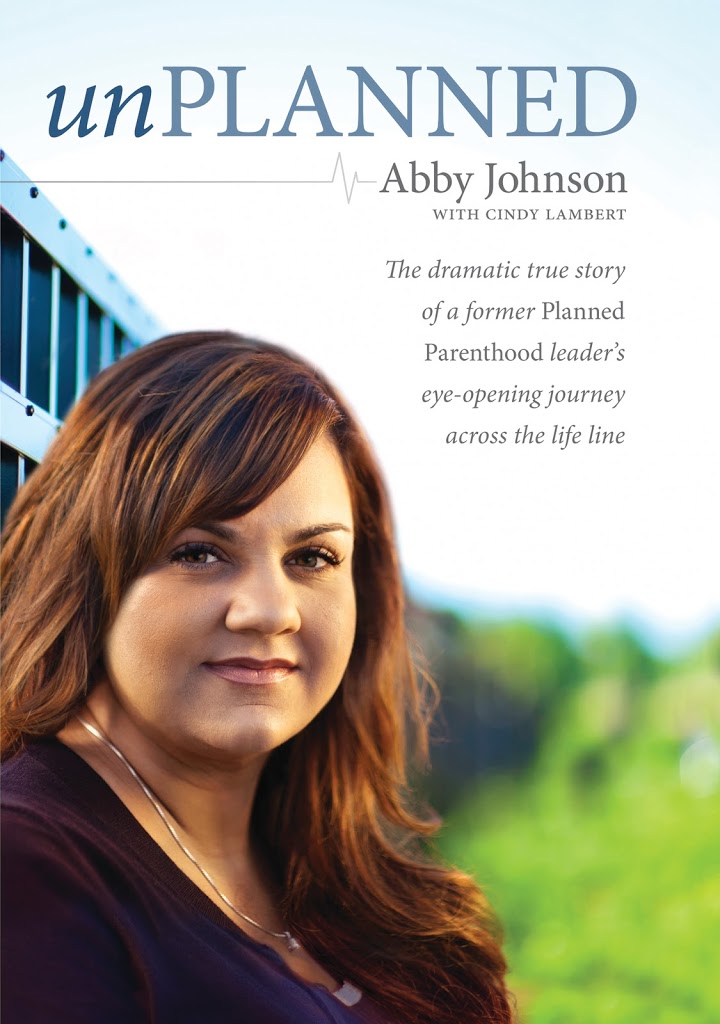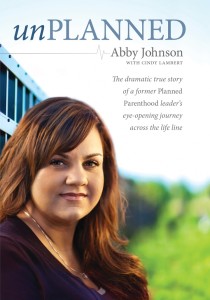A day or two before the start of winter break, my high school class congregated in our English teacher’s classroom. We were freshmen. From her desk, the teacher described for us the food she planned to prepare for her family’s impending Christmas dinner.
“Our turkey is already thawing,” she said.
I shook my head and furrowed my brow and my jaw probably dropped.
“A turkey?” I laughed. “Who eats turkey on Christmas?”
I scanned the room and waited for signs of solidarity from my (now awkwardly) silent classmates.
One of them finally spoke.
“Um… everyone?”
Taken aback, I couldn’t concoct a response. Everyone eats turkey on Christmas? I thought. No way.
Somebody else had to ask: “What do you eat on Christmas?”
“Lasagna…” I said. “I thought everyone did!”
Red in the face but a good sport about it, the incident ended in laughter. I’ve shared the story before, but it warrants a retelling, as it’s a great illustration of egocentrism. Egocentric describes a person when he or she lives like what’s normal for him or her is (or should be) normal for everyone, like the way he or she perceives something is how something is (or should be) universally perceived. So it’s egocentric, for instance, to assume that because my family eats lasagna on Christmas, all families eat lasagna on Christmas.
Egocentrism is normal in childhood and adolescence. Kids still have a lot to learn.
Apparently, so do adults.
Twice today, I stumbled upon online commentary — one post about abortion and one post about contraception — written by people whose opinions on both are, basically, the exact opposite of mine. To sum up both arguments, the abortion writer asserted that consenting to sex is not consenting to pregnancy and that because sex and procreation are disconnected in our culture now, we ought to treat them like they should be. The contraception writer asserted that a woman deserves the right to control her fertility and any other perspective (i.e. that of my church) is an assault on people who have vaginas.
(For the record, I have one, and I do not feel assaulted.)
But to the point:
I’m reminded of some of the people I’ve encountered whose opinions also oppose the aforementioned two — the people who hold up signs with pictures of aborted babies on them, who picket in effort to see Roe v. Wade reversed, who say bad things to and about the women who choose to use the pill.
There’s always been, and always will be, a lot of argument between both sides.
Like…
“It’s just a bunch of cells.” v. “It has a soul.”
and
“Sex is recreational.” v. “Sex is for babies and bonding.”
You catch my drift.
Well I’ve reached a point at which I’m pretty frustrated with both sides.
Why?
Because of egocentrism.
Because you have the half who believe it’s just a bunch cells telling the half that believes it’s a baby that abortion ain’t no thang because it’s just a bunch of cells. You have the half who believe it’s “my body, my choice” telling the half that believes our bodies are not our own that we should be pro-choice because these are our bodies and therefore our choices.
Then you have the half that believes a baby in utero has as much value as the woman in whose uterus it grows telling the half that believes if it’s in utero it isn’t a baby… that abortion is wrong because it results in the death of a baby. You have the half that believes “it’s ok to have sex when you’re not fertile, but it’s not ok to turn off your own fertility” because it turns sex from selfless (as it should be) to self-focused telling the half that doesn’t believe sex should be selfless that we ought not to control our fertility, lest we turn sex into a selfish act.
In other words, you have a bunch of people saying “Because I believe X, you should live your life like X is true.”
So basically, you have a bunch of people living like what’s normal for them (like the belief that what’s inside a pregnant woman’s uterus is a baby) should be normal for everyone, and like the way he or she perceives something (that sex is recreational, for instance) is how it should be universally perceived.
And there are two hunches I have about this.
1. That there is an incredible lack of empathy for each other on both sides.
Try for a second to see the world through the eyes of somebody whose opinion is the opposite of yours. Because if I believed what’s inside a pregnant woman’s uterus is just a bunch of cells, I’d think abortion ain’t no thang, too. And if you believed what’s inside her uterus is a baby — no matter how small — your heart would break, too, every time you hear about an abortion. Stop arguing and start talking. Say, “I feel this way because I believe X.” Invite the person who disagrees with you to empathize with you, and offer them empathy, too — even if they don’t. It goes a long way.
and
2. That on both sides, this is actually less of a fight for rights and more of a set of impassioned efforts to turn the world into one where believing what you believe will be easy.
I only can speak for my side — that is, the side that is for neither abortion nor contraception — when I say this, but I have seen so much judgment and so little modeling. If we are going to be pro-life, we ought to be pro-life consistently. What is life-giving about wearing a grim reaper costume outside an abortion clinic? What is life-giving about parading across a college campus with pictures of aborted babies? And why is it that we really fight for the reversal of Roe v. Wade? “Too many abortions” is not the problem. Abortion is a symptom, and the reversal of Roe v. Wade would be a Band Aid. So do we fight for its reversal because we want to see an end to abortion, or is it because we want the world to validate what we believe?
Do we engage in wars with each other because we’re trying to change the world for the better, or because we’re trying to change the world into us?
Do we want laws and institutions to cater to us because we’re right and they’re wrong, or because we’re dying to live where it’s always safe to believe what we believe?
(Note to self: it’s never gonna be.)


